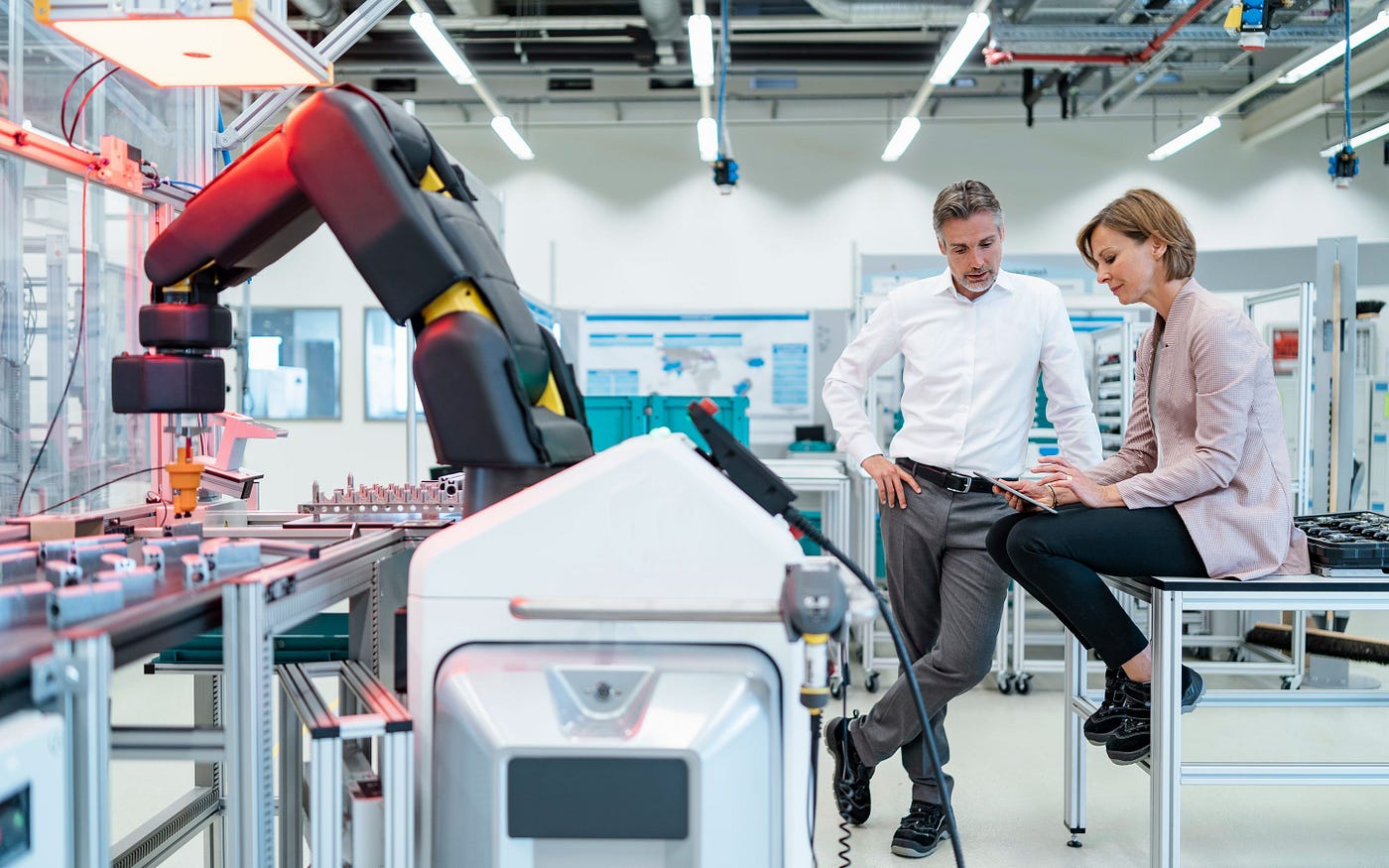
When it comes to designing, installing, and maintaining the systems that make our buildings comfortable and functional, mechanical building services engineers play a crucial role. These professionals are responsible for ensuring that a building's heating, ventilation, and air conditioning (HVAC) systems are designed and implemented in a way that meets the specific needs of the building and its occupants. In addition to HVAC systems, mechanical building services engineers may also work on plumbing, fire protection, and other systems that are essential for the operation of a building.
One of the primary responsibilities of a mechanical building services engineer is to design HVAC systems that are energy-efficient and cost-effective. This involves analyzing the heating and cooling load requirements of a building, selecting appropriate equipment and materials, and designing a system that will provide a comfortable indoor environment while minimizing energy consumption. Mechanical building services engineers must also ensure that the HVAC system complies with all relevant building codes and regulations, as well as industry standards and best practices.
In addition to designing HVAC systems, mechanical building services engineers are also responsible for overseeing the installation and commissioning of these systems. This may involve working closely with contractors and other construction professionals to ensure that the HVAC system is installed correctly and functions as intended. Mechanical building services engineers may also be involved in testing and troubleshooting HVAC systems to ensure that they are operating efficiently and effectively.
Mechanical building services engineers are also involved in the maintenance and repair of HVAC systems in buildings. This may involve conducting routine maintenance tasks, such as inspecting and cleaning equipment, as well as responding to equipment failures and malfunctions. Mechanical building services engineers must have a thorough understanding of how HVAC systems work in order to diagnose and fix problems quickly and effectively.
Another important aspect of a mechanical building services engineer's role is ensuring the safety and security of building occupants. This may involve designing fire protection systems that comply with fire codes and regulations, as well as ensuring that HVAC systems are properly maintained to prevent the spread of fire and smoke. Mechanical building services engineers may also be involved in designing systems to improve indoor air quality and reduce the risk of exposure to harmful pollutants.
Overall, mechanical building services engineers play a critical role in the design, installation, and maintenance of the systems that make our buildings safe, comfortable, and functional. These professionals must have a deep understanding of HVAC systems, as well as plumbing, fire protection, and other building services, in order to ensure that buildings operate efficiently and meet the needs of their occupants. Mechanical building services engineers must also stay up-to-date on the latest technologies and industry trends in order to provide the best possible solutions for their clients. In short, the work of a mechanical building services engineer is essential to the success of any building project.
